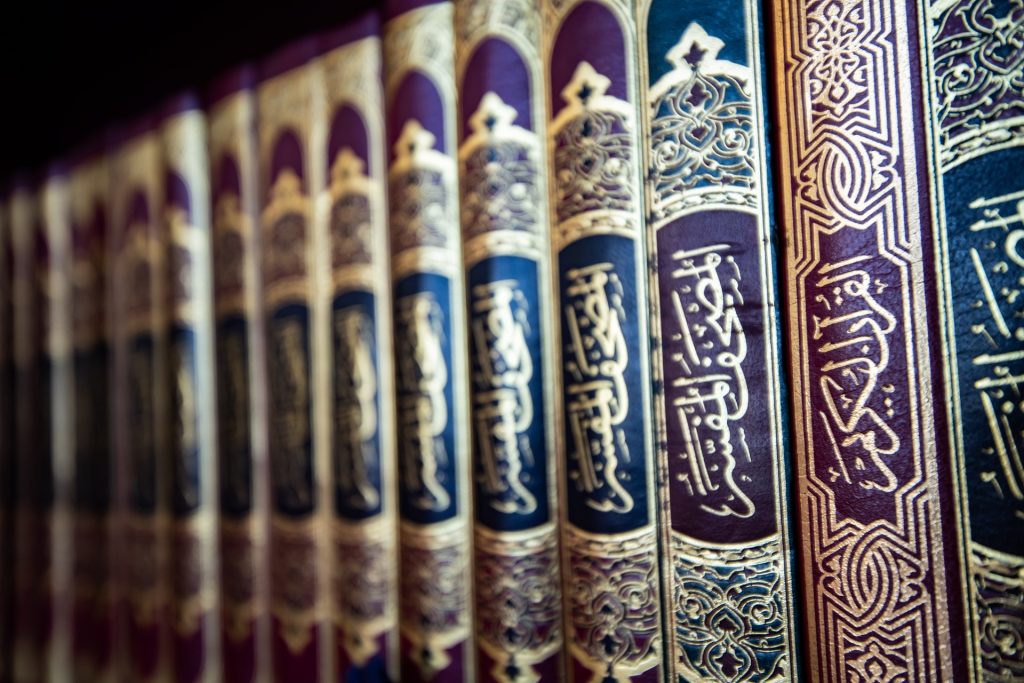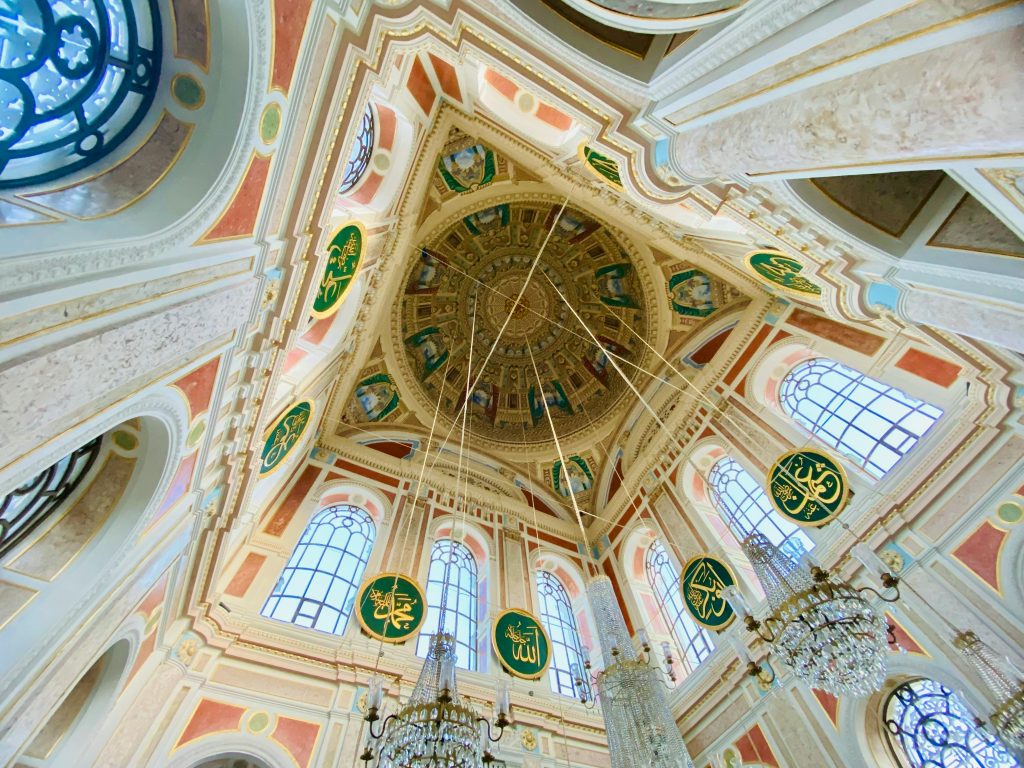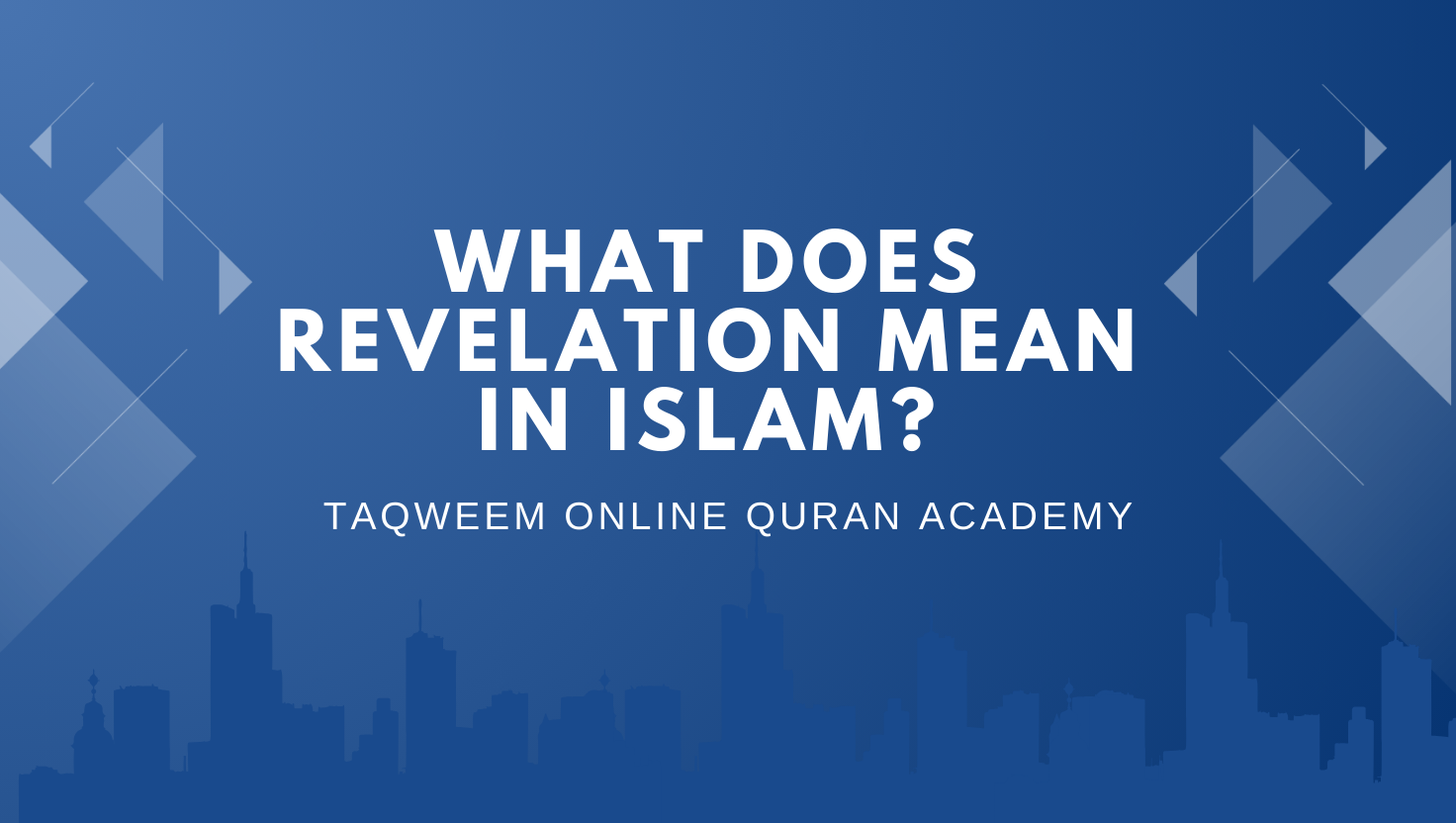Table of Contents
ToggleRevelation Meaning in Islam and Why Is It Important?
Revelation in Islam means the words of Allah reaching humanity through His chosen prophets. It isn’t just history—it’s guidance that shapes our faith, morals, and daily life. Without revelation, we would wander without direction.
What is Revelation?
At its simplest, revelation means something hidden being uncovered. In Islam, it means the way Allah sent His message to the prophets. The Quran wasn’t written by people. It wasn’t poetry. It wasn’t philosophy. It was God’s words—delivered through the angel Jibreel—to the heart of the Prophet Muhammad ﷺ.
And that’s why the Quran feels different when you read it. It doesn’t just “sound nice.” It feels alive.
Revelation in the Quran
Allah tells us in Surah Ash-Shura (42:51) that revelation comes in three ways:
-
Inspiration into the heart,
-
A voice or message from behind a veil,
-
Or through an angel delivering the words.
For us, the Quran is the final and complete revelation. It didn’t come all at once—it came over 23 years, in moments of hardship, in times of joy, in nights of fear. It was living guidance for real people… and it still is.
Why Revelation Still Matters
Sometimes people ask: “Why does revelation matter now? That was 1,400 years ago.”
But think about it—are human struggles any different? We still feel loss. We still battle greed. We still chase love and wrestle with fear. The questions are the same, the temptations are the same… and so the revelation is still the answer.
Without it, we’re just guessing our way through life. With it, we walk with light.

My Own Reflection
I’ll be honest. There was a phase where my prayers felt hollow. I would recite the Quran but not feel it. And then one night, I opened it—not as a duty, but as someone desperate for help. Suddenly, verses I had read many times before cut right through me.
That’s when it hit me: revelation isn’t just about the Prophet ﷺ receiving the Quran in the desert. Revelation is about you and me today—those moments when the words reach exactly where we need them most.
It’s not just guidance. It’s healing.
Revelation is Connection
Every revelation is a bridge. Heaven reaching down to earth. The Creator whispering into the hearts of His creation. Without revelation, we’d drown in opinions. With revelation, we hear clarity, mercy, direction.
And in a noisy world like ours, that clarity feels like oxygen.
Closing Thoughts
So when we ask about the “meaning of revelation,” we’re not just defining a term. We’re talking about the greatest gift given to humanity: Allah’s direct words. His way of saying, You’re not forgotten. I am with you.
And honestly, there’s no better way to experience revelation than to walk into the Quran, not as a textbook, but as a companion.
A Gentle Invitation
If this stirs something in your heart, don’t let it fade. Revelation is waiting to meet you where you are. If you’ve been wanting to understand the Quran in a personal way—step by step, with teachers who guide you gently—Taqweem Online Quran Academy is a beautiful place to begin.
👉 Start your journey with Taqweem Academy today, and let revelation become more than a word—it can become your lifeline.

FAQs
What is the meaning of Wahi in Islam?
In Islam, Wahi means revelation or divine communication sent by Allah to His prophets, guiding them with knowledge, laws, and instructions.
What is the literal meaning of revelation?
The literal meaning of revelation (Wahi) is “to inspire, to reveal, or to communicate secretly.” In Islamic context, it refers to Allah’s divine message to the prophets.
What are the three types of revelation in Islam?
The three types of Wahi in Islam are:
-
Direct inspiration into the Prophet’s heart.
-
Revelation through an angel (mostly Jibreel).
-
Direct speech from Allah (as with Musa عليه السلام).
How many types of Wahi are there in Islam?
Scholars mention different classifications, but generally Wahi is divided into two main types: Wahi Matlu (recited, like Qur’an) and Wahi Ghair Matlu (not recited, like Hadith Qudsi and guidance).
How many revelations are there in Islam?
The major revelations sent by Allah are:
-
Tawrat (Torah) to Musa (Moses),
-
Zabur (Psalms) to Dawud (David),
-
Injeel (Gospel) to Isa (Jesus),
-
Qur’an to Prophet Muhammad ﷺ.
What are the revelations of the Quran?
The Qur’an was revealed gradually over 23 years to Prophet Muhammad ﷺ through Angel Jibreel, guiding humanity in faith, law, and morality.
What is the importance of revelation in Islam?
Revelation (Wahi) is the foundation of Islam. It provides divine guidance, clarifies right from wrong, establishes Shariah, and strengthens the bond between Allah and believers.
What is the meaning of Wahi in Urdu?
In Urdu, Wahi (وحی) means “Allah ka paigham jo Nabi ko diya jata hai” — the divine message or inspiration revealed by Allah to His chosen messenger.






